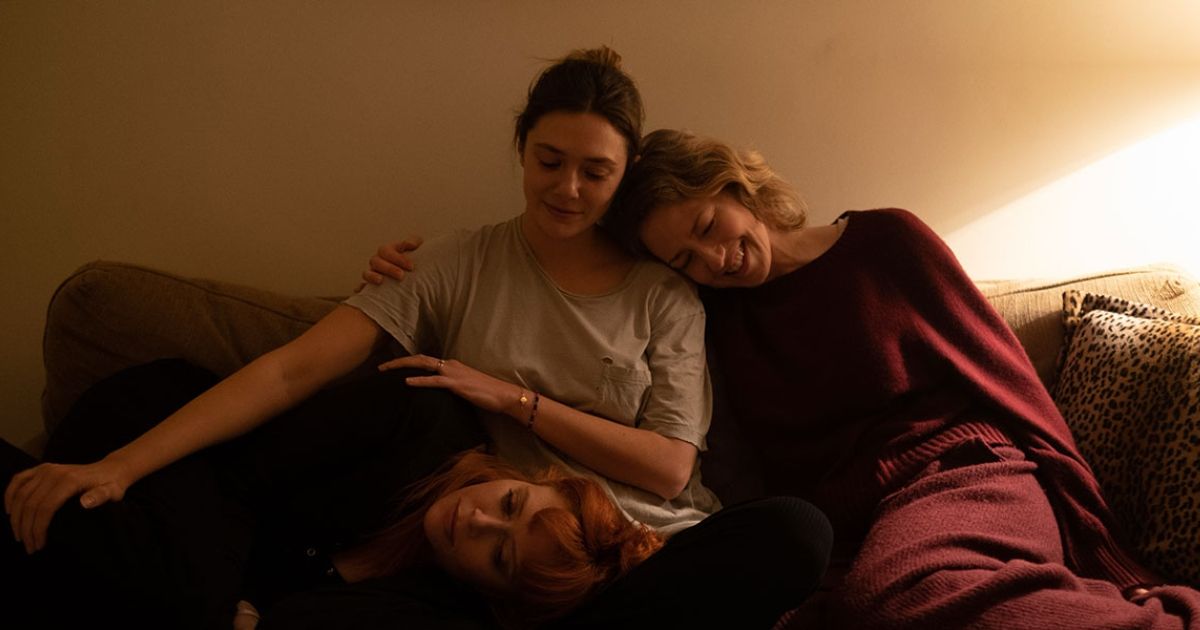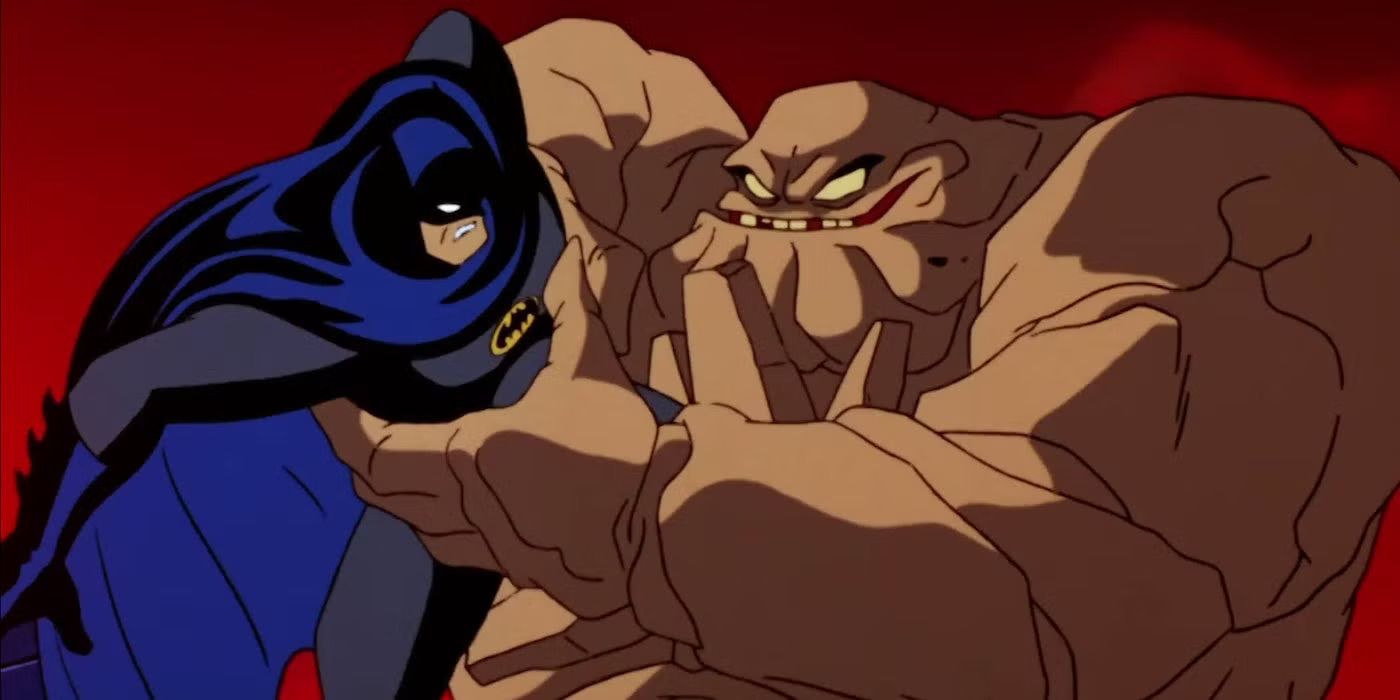Many will also consider “Poor Things” to be one of the major films of 2023. The latest from “The Lobster” director Yorgos Lanthimos has already won the Golden Lion at Venice, and the people who do this kind of thing predict it to be one of the major Oscar players of the upcoming award season. It’s definitely going to spark some conversations regarding its unpacking of how men try to control women through physical manipulation, financial imprisonment, bodily autonomy, and more. It’s a daringly constructed film, a movie that leans into surreal depictions of deformed biology and extreme debauchery. It can be hysterically funny and incredibly disturbing, sometimes in the same beat, and it’s the most visually accomplished film that Lanthimos has made, with sharp production values on every level that blend together to create a dream-like vision. Finally, much like Haigh’s film, it’s a product of an ensemble all on the same page with great performers orbiting the most fearless work to date from Emma Stone.
The “La La Land” star plays Bella, a Victorian-era woman who is saved from a Dr. Frankenstein figure named Dr. Godwin Baxter (Willem Dafoe) after she attempts suicide. Brought back to life in an impossible way, she is raised by the man she calls “God,” himself a miracle of unimaginable science. There are body horror elements in “Poor Things” that reminded me of Cronenberg’s “Crimes of the Future,” another film about evolutionary impossibilities in which the human body becomes a malleable form of expression. Baxter brings in a medical student named Max McCandles (Ramy Youssef), who ends up a beau for Bella. Still, she’s more fascinated by an obvious conman named Duncan Wedderbum (Mark Ruffalo). She flees with him to see the world, discovering she has potential never presented in God’s Garden of Eden.
“Poor Things” is a defiantly strange film, a movie that obviously echoes Shelley’s Frankenstein, but it’s more about liberation than the folly of playing God. With the possible exception of the warmth that Dafoe surprisingly brings his mad scientist, the men in “Poor Things” are uniformly awful, faux intellectuals who hold power over Bella purely because of gender and society. Through each episodic development in the script by Tony McNamara (“The Favourite”) from the book by Alasdair Gray, Bella becomes more self-aware and confident. I need to see it again to really appreciate (or not) how this character develops, but I’m eager to do so just to see a performer throwing her all into a role, comfortable enough in her talent to make unexpected choices that no one else would make.
You can view the original article HERE.





























